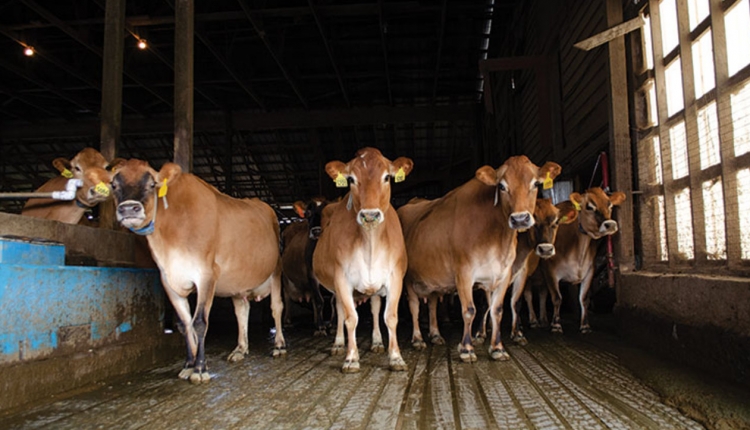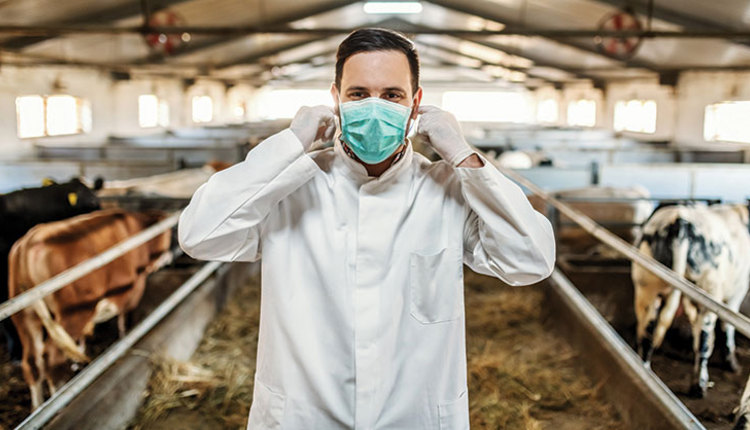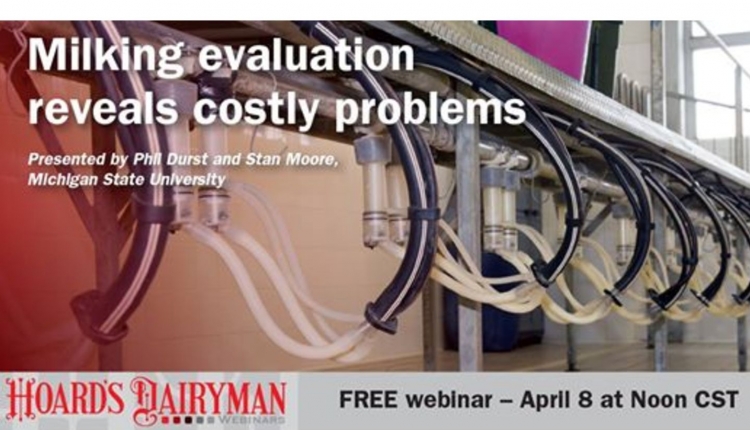The authors are a senior extension educator and a graduate student, respectively, at Michigan State University.

Culture. In the world of dairy, “culture” can take several meanings. It is defined as the beginning of cheesemaking where the microbes are infused throughout the milk and work unseen until the results are evident in curd form.
We could also describe culture as the attitude that infuses the workplace, often unseen in itself, but apparent in the work that is done. Culture shapes the behaviors of employees.
In a farm setting, we can see the evidence of the farm’s culture in the attitudes by which people work together in the parlor, the initiative by which responsibility is taken to complete necessary tasks, or the pride in the business taken by employees. What do those measures indicate about the culture on your farm?
Culture shapes results
The culture that a dairy operation exudes begins at the highest level of management. An employer’s attitude and way of doing business is recognized by all levels of employees and will be perceived by visitors and consultants.
Culture is the critical element leading to desirable results. Because it affects the way people do things, and the care with which they do them, culture leads to the results seen in a farm’s labor efficiency, employee retention, milk quality, and even cow performance.
While other factors influence each of these, culture either provides the energy to make them work together or the friction that causes them to come apart. If issues are identified in these areas, sometimes they are most effectively addressed by providing attention to the workplace environment.
Culture is the attitude and conduct underpinned by core values expressed in word and deed by the business leader. There is always a workplace culture. Sometimes, if not intentionally set by the business owner/manager, it will emerge by default, influenced by the strongest personalities on the farm, for good or for bad.
At some workplaces, there is an underlying negative current caused by a caustic individual. Left unchallenged, that individual can destroy a positive workplace and undermine good management.
If the individual will not change, then regardless of labor needs or technical skills of that person, the best course of action is to terminate them quickly. As the leaders of the business, the owners have the opportunity and the responsibility to intentionally set the culture and to communicate it in every interaction on the farm.
Lead the change
As the driver of the culture on your farm, how do you determine the culture?
You may begin by assessing your core values for the business. Have you identified your business core values?
If you haven’t thought about it, spend time reflecting on what you believe is most important in the business. Ask those close to the operation, longtime employees or family members involved in your operation, to identify three or four values they see that are central to how you think and work. Write down the input from others, then examine your heart to see if they are true to you. If the values identified are not what is desired, it may be a good time to begin implementing change.
Don’t list values you wish you had — list those you practice. Once you have identified the set of values you hold, communicate those values.
You may begin by holding a meeting with all employees to discuss your new direction. Be honest and open with people. Share that these are the values that you want all associated with the farm to follow. Acknowledge that you haven’t done it perfectly, but commit to begin looking at everything through the lens of those values and ask for accountability. By the same token, make it clear that these are the values you expect every person involved in the farm to exhibit and practice.
Once communicated, consider posting your values in various places such as the parlor, offices, and meeting rooms. Most importantly, though, as the leader of the business, you must put consistent effort into exuding the values that you have communicated. It can be argued that your observed behavior is more effective in changing the overall culture than simply posting written core values. In fact, posting core values that you do not follow will quickly destroy your credibility and the morale in any business.
A mixture for success
Protecting and nurturing the culture on your farm also protects the employees, overall quality of the workplace, and therefore, the resulting product. An employee that feels valued and part of a positive community is much more likely to demonstrate greater performance and want to remain part of the team.
As we all know, good culture, mixed with milk, makes great cheese. Good workplace culture throughout the dairy farm makes for a great business!










